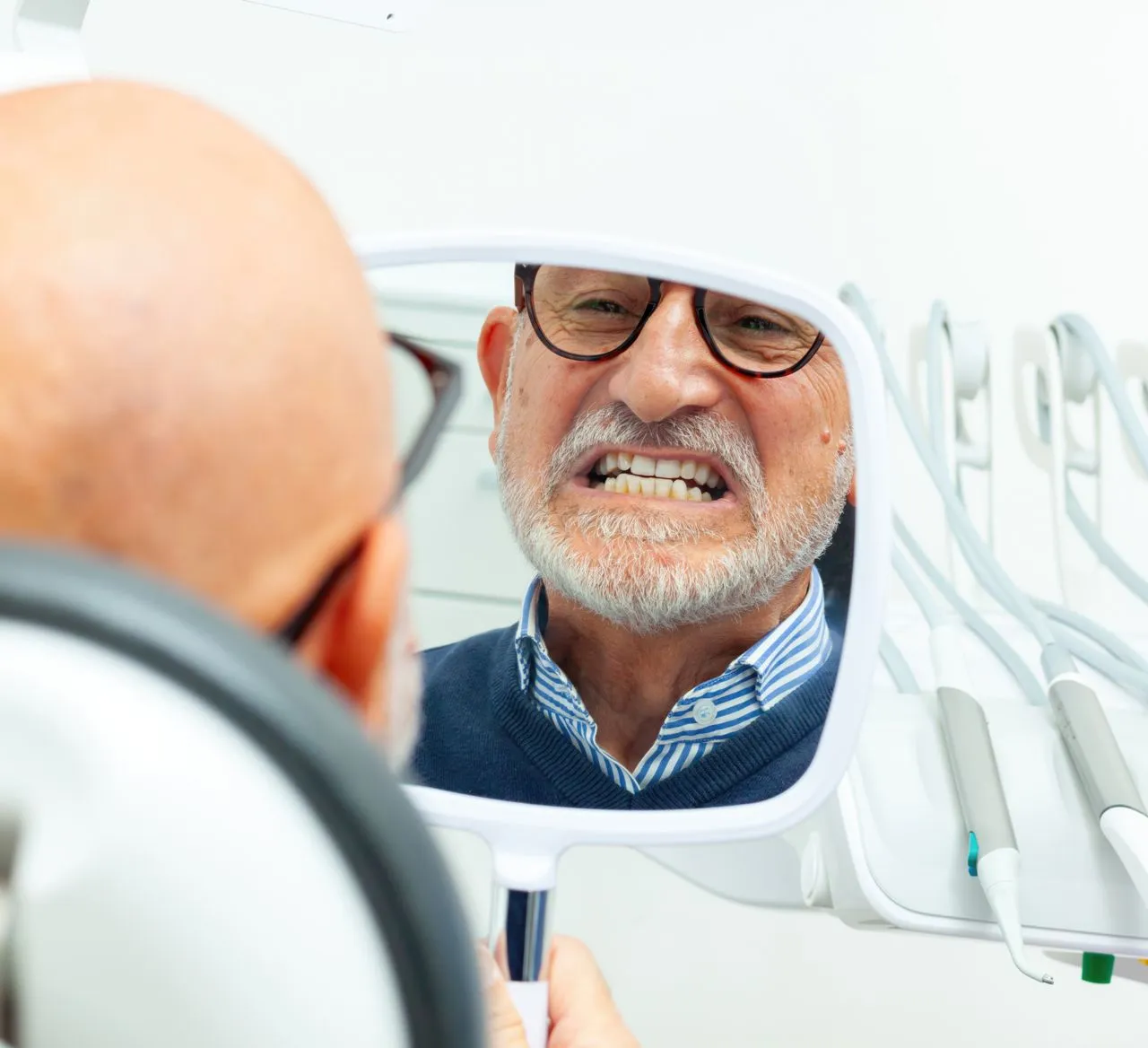Considering dental implants but anxious about pain? You’re not alone—many people wonder: does a dental implant hurt? The good news is, most patients describe the dental implant process as far less painful than they expected, with modern techniques and anesthetics making the experience comfortable from start to finish.
Getting a dental implant generally does not hurt during the procedure. Local anesthesia is used to numb the area completely, so you shouldn’t feel pain as the implant is placed. After the procedure, some mild soreness and discomfort are normal, but these symptoms are usually manageable with over-the-counter medication and proper care. For most people, the benefits of a secure, natural-feeling tooth replacement far outweigh the temporary discomfort.

Modern dentistry utilizes powerful local anesthetics that numb the area entirely. You remain awake but pain-free for the entire procedure, and additional sedation can be provided if needed. One of the reasons people ask, “Does a dental implant hurt?” is because they imagine a highly invasive surgery. However, our 3D-guided dental technology makes the process more precise and less traumatic, minimizing post-surgical discomfort.
Benefits of 3D-Guided Surgery:
After dental implant placement, initial healing takes about 1–2 weeks, during which soreness and swelling resolve. The implant continues integrating with the jawbone over several months, but this process is generally painless.
First 24–48 hours: Swelling and minor bleeding may occur.
First week: Most discomfort subsides; stitches may dissolve or be removed.
2–6 months: Implant fuses with bone (osseointegration); no pain expected.
For a detailed look at restorative options, visit our Restorative Dentistry page.
You may be an excellent candidate for dental implants if you’re missing one or more teeth and have generally healthy gums and bone structure. An evaluation at One Family Dental can determine your suitability and address concerns about comfort or pain management. You may also want to explore our Dental Implants page to learn more about this solution.
So, does a dental implant hurt? With today’s advanced techniques and expert care at One Family Dental, most patients experience minimal discomfort during and after the procedure. Dental implants can restore your smile and confidence, with any temporary soreness easily managed and well worth the long-term benefits.
Dental implants offer durability, natural function, and bone preservation, making them superior to bridges and dentures.